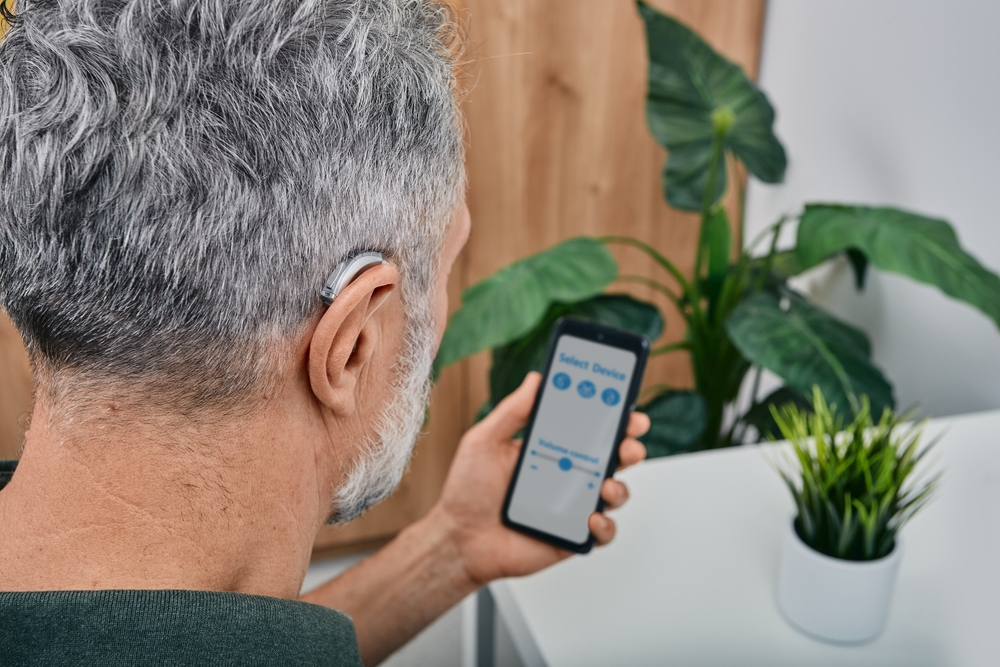
Socializing with family and friends and interacting with co-workers can be negatively influenced by even slight hearing loss, and this also includes day-to-day activities like shopping. However, the introduction of well-calibrated hearing aids can bring about transformative changes.
Top ten reasons to invest in hearing aids
Although improving hearing is the obvious and primary benefit of hearing aids, their positive effect goes far beyond that. Let’s investigate the comprehensive benefits that using hearing aids can offer.
Stronger relationships due to better communication
Clear communication is the foundation of meaningful relationships. Relationships can be strained when hearing loss leads to missed communication. Hearing aids allow you to participate fully in conversations, improving your ability to interact with others and decreasing feelings of isolation or disappointment.
Being more independent
Neglected hearing loss results in obstacles in communication causing activities like buying groceries to become challenging. Your ability to understand speech and hear in various settings will be strengthened by hearing aids, allowing you to navigate these situations more independently. Having a greater sense of independence will help you do things that demand improved situational awareness like driving, for instance.
Possibility of earning more
In professional situations, successful communication is essential. Neglected hearing loss can impede your ability to take part in meetings or discussions fully, potentially affecting job performance and career advancement. You can increase your productivity, which can, in turn, bring about career opportunities, by using hearing aids to stay more alert and engaged.
Discomfort from tinnitus can be reduced
Hearing loss is commonly accompanied by tinnitus symptoms or ringing in the ears. Hearing aids can offer relief from tinnitus for some people by masking symptoms.
Mitigated cognitive decline
Some studies have revealed a connection between untreated hearing loss and mental decline, including dementia. By addressing hearing loss with hearing aids, you could reduce the risk of cognitive impairment and maintain better overall brain health.
The enjoyment of music
Hearing loss can alter the perception of music, making it less pleasurable. The depth and richness of musical sounds can be restored by hearing aids which fill in the frequency gaps so you can take pleasure in your favorite songs once more.
Boosted confidence
Clear hearing builds confidence in social connections and professional situations alike. With increased communication abilities, you’ll feel more self-assured and capable, enhancing your overall quality of life.
Having more energy
Neglected hearing loss pushes the brain to work extremely hard to fill in missing sound which can be mentally draining. With hearing aids, you won’t feel so tired and will be able to participate in all of those activities that you enjoy.
Awareness and safety can be improved
Awareness of one’s surroundings is crucial for safety, whether it’s crossing the road or driving a car. Environmental sounds can be restored by hearing aids, making certain that your reaction to things like alarms and approaching vehicles is safe and correct.
Setting a positive example
Choosing to wear hearing aids displays a proactive approach to health and well-being, establishing a positive example for other people facing similar difficulties. It reflects a commitment to personal growth and improvement, inspiring people around you.
Schedule a hearing exam today
While the chief benefit of hearing aids is to enhance auditory perception, the ripple effects on various facets of life are profound. Whether it’s nurturing stronger relationships, increasing independence, or protecting cognitive health, the decision to wear hearing aids is a step towards a more rewarding and engaged life.
Take the first step towards better hearing today by scheduling a hearing assessment with us.